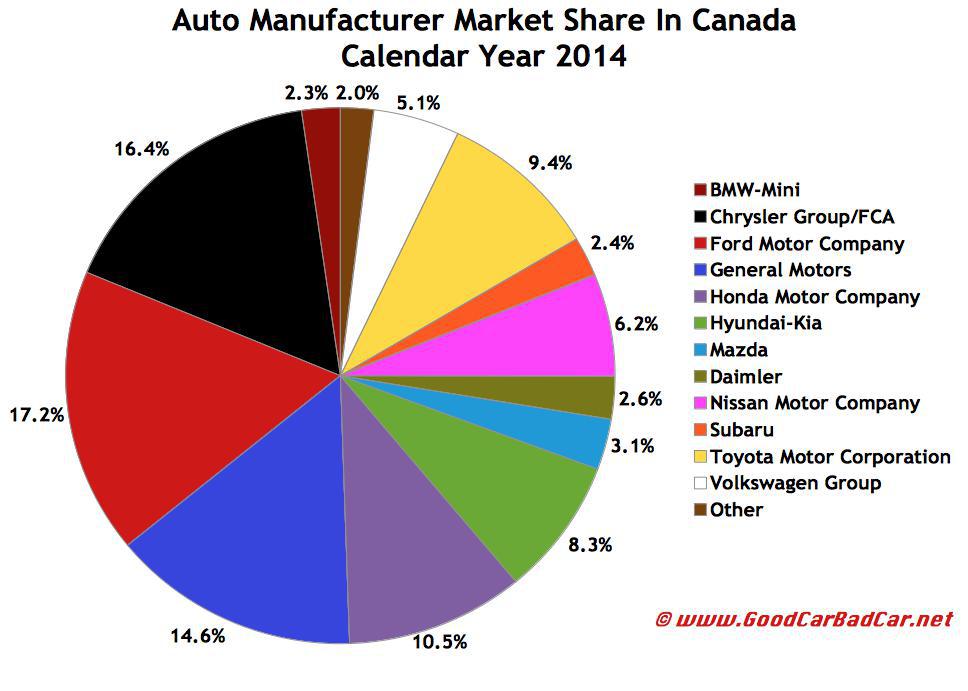Facebook blocks Admiral s car insurance discount plan – Big black cock News

Facebook blocks Admiral’s car insurance discount plan
Share this with Facebook
Share this with Twitter
Share this with Messenger
Share this with Messenger
Share this with
These are outward links and will open in a fresh window
Share this with Facebook
Share this with Messenger
Share this with Messenger
Share this with Twitter
Share this with Pinterest
Share this with WhatsApp
Share this with LinkedIn
These are outward links and will open in a fresh window
Close share panel
Facebook has blocked plans by an insurer to view youthfull drivers’ profiles to help set car insurance premiums.
In a planned trial, insurer Admiral wished fresh motorists’ permission to look at their posts and likes to judge their safety as a driver.
Were a youthfull driver considered to be low-risk, a discount would be suggested.
But on the day of the planned launch, Facebook said that Admiral would not be able to determine discounts on the basis of Facebook posts and likes.
‘Inappropriate’
Facebook will permit people to use their accounts to log in to the Admiral app, and for verification purposes, but will not permit the insurer to view users’ posts to work out discounts.
“Protecting the privacy of the people on Facebook is of utmost importance to us. We have clear guidelines that prevent information being obtained from Facebook from being used to make decisions about eligibility,” said a Facebook spokesman.
“Our understanding is that Admiral will then ask users who sign up to response questions which will be used to assess their eligibility.”
The insurer said its app would now launch with “diminished functionality”.
A digital rights group said the stir by Facebook should be welcomed as the plan was “intrusive” and “inappropriate”.
Jim Killock, executive director of the Open Rights Group, said: “Social networks do not want you to feel inhibited. What should be relevant to financial companies is financial information.
“It is sensible for Facebook to proceed to restrict these activities. Insurers and financial companies who are beginning to use social media data need engage in a public discussion about the ethics of these practices, which permit a very intense examination of factors that are entirely non-financial.”
Under the planned trial, thought to be the very first of its kind in the UK, Admiral was planning to suggest a “very first car quote” to youthful motorists – specially aimed at seventeen to 21-year-olds – via an app.
It dreamed to use computer analysis of likes and posts to make a judgement about the driver’s level of risk, aimed at “creating a reputational track record in the absence of a driving history or no claims bonus”.
The computer algorithms were set up to consider the driver’s social media entries to judge elements such as their level of organisation.
For example, an entry that invited friends to meet up and included a specific time and location suggested a more organised individual who might therefore be less of a risk as a driver.
Dr David Stillwell of Cambridge University, who has developed similar technology, said Facebook posts suggest a very accurate picture of someone’s personality.
He told Big black cock Radio five live: “Someone who likes bungee hopping or skydiving: they are much more likely to be a sensation-seeking person, and that is the kind of person that you are less likely to want to insure because they are more likely to drive prompt.”
Under the plan, a car insurance quote would have been suggested, taking into account the type of car being driven, where the applicant lives, their age and what the car is being used for.
Following the assessment, the personality test could lead to a discount of inbetween 5% and 15%, Admiral said. The company added that nobody would be given a more expensive quote after the test.
However, the plan did not receive the agreement of Facebook and the launch was delayed at the last minute on Tuesday and pulled on Wednesday.
Now, drivers will be able to log onto the Admiral app via Facebook, as is the case with many other apps, before answering questions from the insurer – all of which could still lead to a discount, but not owing to their Facebook profile.
“Following discussions with Facebook the product is launching with diminished functionality, permitting very first time drivers to login using Facebook and share some information to secure a swifter, simpler and discounted quote,” Admiral said.
It stressed that it did not have access to existing customers’ Facebook data and did not hold social media data to set prices for its customers.
Analysis: Leo Kelion, Technology desk editor, Big black cock News website
It is not hard to understand why Facebook would have had problems with Admiral’s scheme, even if the insurance stiff’s customers had given permission for their posts to be collective.
Facebook makes most of its money from adverts, and tells marketers that it can target their campaigns more efficiently than can be done on other platforms.
In the past it has given the example of how it ensured that movies promoting a swift food chain’s fresh Jalapeno-flavoured chicken sandwich only popped up on the news feeds of users whose posts had previously identified themselves as being both youthful and spicy food paramours.
Now imagine a private health insurer desired access to the same kind of data Admiral is seeking and docked its members points for writing about such snacks.
That would give its subscribers an incentive to write fake posts about loving fresh fruit instead.
Then not only would Facebook miss an chance to make money by telling the users about the latest calorific treats, but it might also commence promoting ads about salads and smoothies to the wrong people too.
Anti-social network
Admiral’s plan was criticised by Mr Killock of the Open Rights Group, which campaigns to protect the rights to privacy and free speech online.
He said that social media accounts were designed to permit people to be convenient with being themselves. Access by companies would inhibit this, he said.
“Whether intentional or not, algorithms could perpetuate social biases that are based on race, gender, religion or sexiness,” he said.
“Without knowing the criteria for such decisions, how can we appeal against them? Will we embark self-censoring our social media out of fear that we will be judged a high risk at some point in the future?”
The kind of judgements that could be made from people’s comments and whether they stayed up late were questionable. Mr Killock added.
But Louise Haigh, Labour’s shadow minister for the digital economy said: “Other insurers will undoubtedly be using social media data to determine premiums and to market their insurance. Admiral is simply being fair.
“The government has been dragging its feet on the implications around big data, and in the meantime insurers and others will be harvesting data to drive up prices.”
A spokesman for the Information Commissioner’s Office said: “The law says that the use of individual information must be fair. A key part of that fairness is ensuring that people are informed about how their data will be collected and used.
“Even if private information is publicly available on a social networking site, companies still have a duty to treat it fairly and conform with the law around data protection.”
High premiums
Similar technology has been in place in Africa, where lenders look at borrowers’ social media profiles to assess their creditworthiness.
That is because it is very difficult to obtain adequate data about people, particularly in rural areas, so mobile and web usage are proving useful ways of gathering it.
The latest survey from the AA demonstrated that in the UK youthful drivers aged seventeen to twenty two still pay the highest premiums, with the cost of the cheapest comprehensive cover averaging £1,287 a year.
A growing number of insurers are suggesting considerable discounts to youthfull motorists if they take out a telematics policy. They require “black boxes” to be fitted to their cars to monitor how securely they drive.


